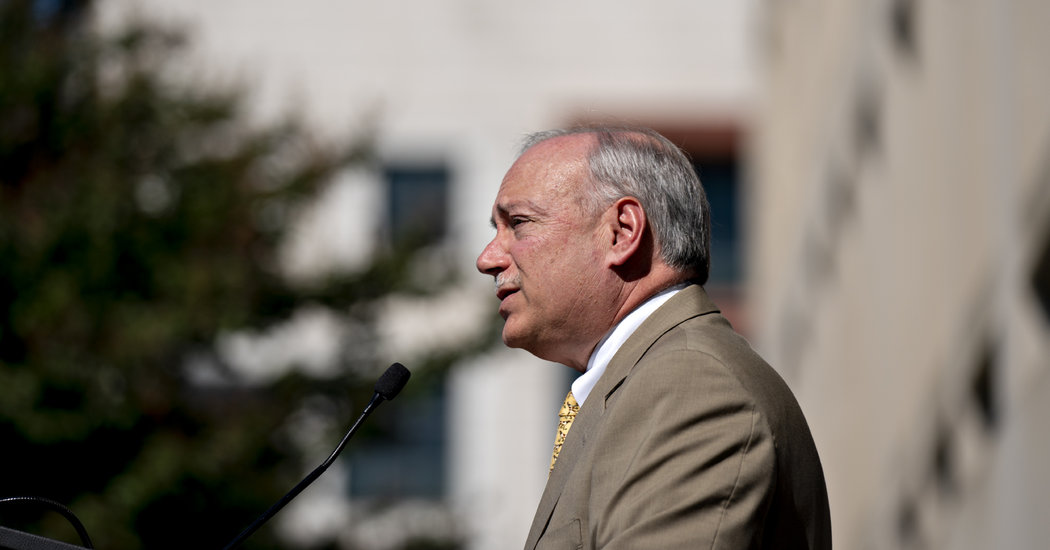In an analysis of the rule that the Labor Department proposed in March, which closely resembles the final version announced Tuesday, Ms. Shierholz estimated that the Trump rule would yield workers $300 million to $600 million per year in wage increases over the next decade. But that amount was over $1 billion per year less, on average, than the wage gains that the Obama rule would have produced, according to her estimates.
Salaried workers who make more than the legal threshold can also be eligible for overtime pay if they lack substantial decision-making authority. But the Obama administration argued that employers had either ignored this so-called duties test or circumvented it by giving low-level workers loftier titles, which made the salary threshold the de facto standard.
President Trump’s first nominee for labor secretary, Andrew F. Puzder, strongly opposed a significant increase in overtime eligibility. But R. Alexander Acosta, who replaced Mr. Puzder after his nomination collapsed amid personal controversy, took a more conciliatory tack. Mr. Acosta endorsed a threshold in the low $30,000s during his 2017 confirmation hearings.
Mr. Acosta resigned as labor secretary in July amid criticism of his handling of a sex-crimes case against the financier Jeffrey Epstein when Mr. Acosta was a federal prosecutor in South Florida. On Tuesday, a Senate committee voted to advance the nomination of Mr. Acosta’s proposed successor, Eugene Scalia, along party lines. The full Senate could vote within days on Mr. Scalia, a son of the Supreme Court justice Antonin Scalia, who died in 2016.
The Trump administration has felt a sense of urgency about the proposed rule.
Congress can reject a rule within a mandated review period. Many in the business community did not want to risk giving a future Democratic Congress and president a chance to replace the Trump rule with a higher salary limit if Republicans lose power in next year’s elections. With the rule now completed, the congressional review window will close within a few months.
The rule could nonetheless become a campaign issue given the president’s stated commitment to protect workers.
“Through this rule, the Trump administration is breaking its promise to hardworking Americans,” Senator Sherrod Brown, Democrat of Ohio, said in a statement. “By failing to stand up for workers and expanding the overtime rule, the president is failing to put workers first and is driving down the value of work.”
In its 2016 rule, the Obama administration sought to adjust the salary limit automatically every three years to keep up with rising wages, an approach the new rule abandons in favor of simply urging the department to update the limit “more regularly.” Ms. McCutchen said there was nothing in the law underlying the rule to justify automatic increases.

